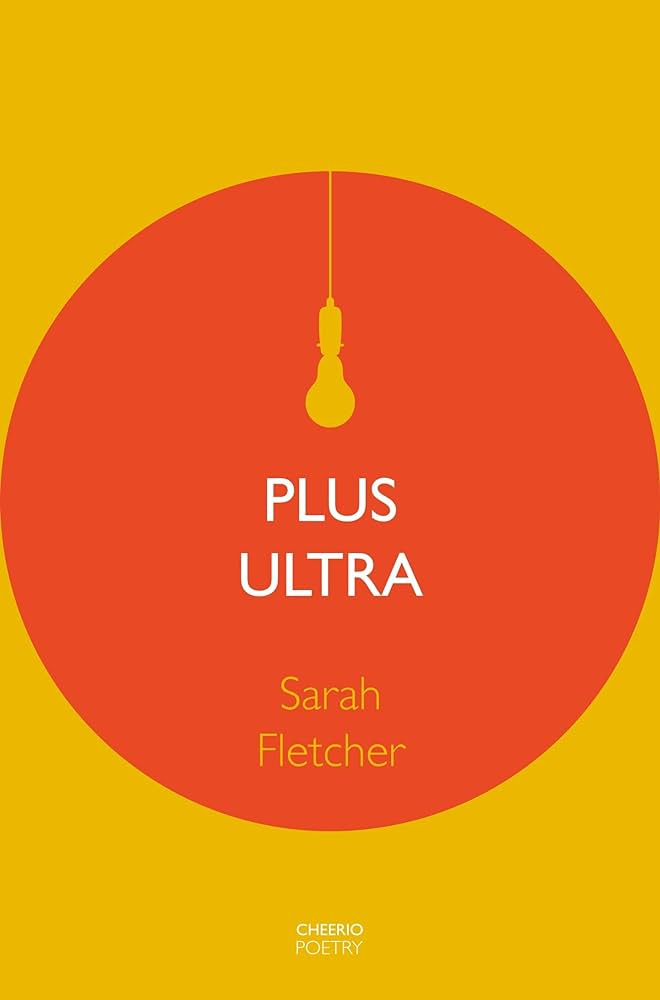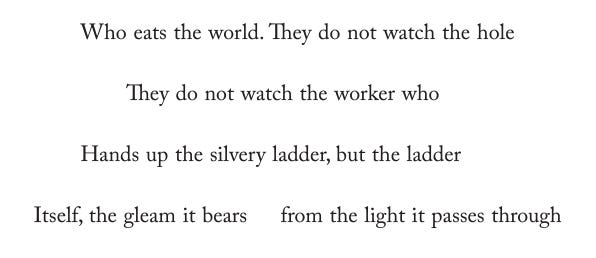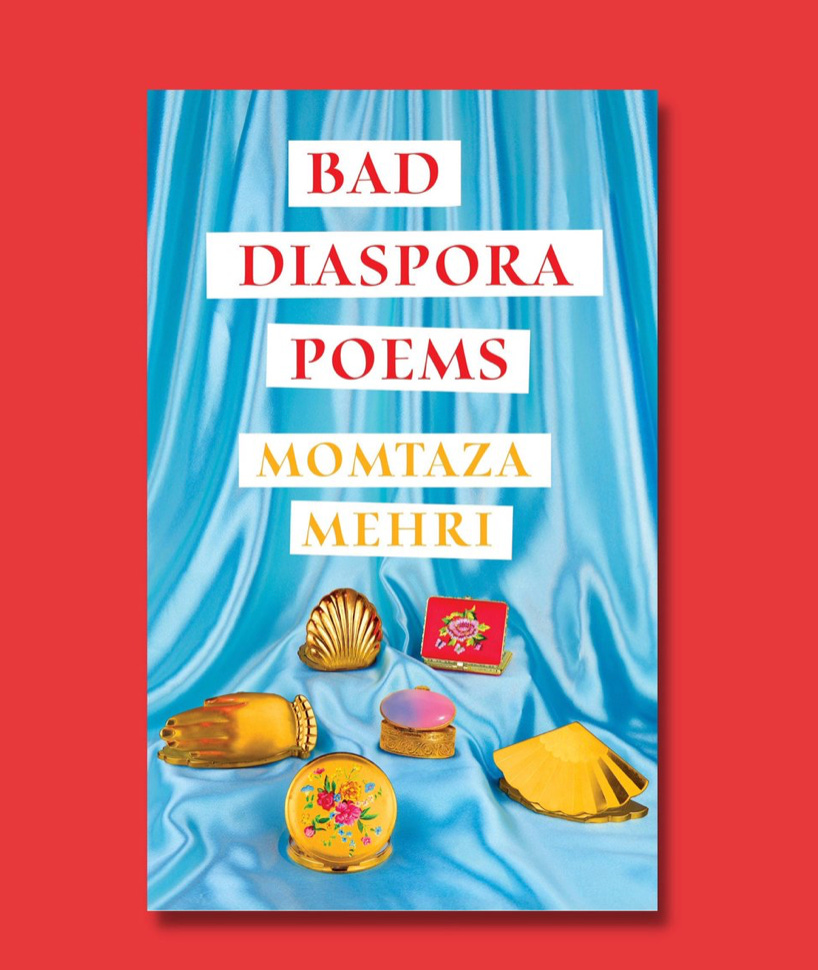This Monday sees the award of the T.S. Eliot Prize for Poetry, the UK’s grandest poetry prize — specifically, 25 grand, which will go to “the best collection of new poetry in English first published in the UK or the Republic of Ireland in 2023”.
For several years, around New Year, I used to spend a lot of time with the ten shortlisted Eliot collections, in order to a) write a round-up for a newspaper and b) give an against-the-clock lecture, trying to summarise them all.
I don’t do either of these things now, so I thought instead I would recommend half-a-dozen alternative contenders for a prize named after a poet known for his intellectual ambition and formal originality.
As a critic, Eliot also once acutely identified — in his 1942 essay “The Music of Poetry” — why new poetry is difficult to judge definitively:
The best contemporary poetry can give us a feeling of excitement and a sense of fulfilment different from any sentiment aroused even by very much greater poetry of a past age
The following, therefore, are not offered as the Top Six Poetry Books of 2023 — what god could decide that? — but a handful of those that gave me a feeling of excitement at a new use of words as I turned the pages.
Sarah Fletcher, Plus Ultra (Cheerio)
Sarah Fletcher’s debut is also the first poetry title from a new imprint, Cheerio. The cover copy characterises her as a “sharp, Plathian” voice — and while I can see where they’re coming from, the comparison to such a famous and popular poet feels a little slanted towards the sales pitch. Plath’s poem are formidably polished products, condensing Eliotic vers libre into lyric crystal, whereas Fletcher writes with a refreshing formal and psychological wildness more like those poets who went beyond The Waste Land, panel-beating language into strange and angular images and sounds:
air split like gone-off cream.
I breathe two things simultaneously:
one too thin for comfort and one
the clot of the fact of the death
of her curdled brown death.
Will Harris, Brother Poem (Granta)
As I wrote in my round-up of the 2020 T.S. Eliot Prize shortlist:
Will Harris’s RENDANG (Granta) was [my] debut of the year: a formally various investigation of the lived complexity of identity in modern Britain, structured around a set of extended story poems that sing with the brilliance of their controlled ironies.
Although Harris continues to excel at the slow-burn story poem, what’s impressive about his new book, Brother Poem, is how it unpicks and reweaves the “standard” model of a poetry collection, recalling the tangent John Ashbery took from the oblique lyricism of Some Trees (1956) to the unapologetic collage of The Tennis Court Oath (1962). Brother Poem is, Harris writes, “an experiment in talking sideways” — across English as a shared space — and it is constructed to be read laterally: the penultimate poem “Address and Weather”, for example, is a series of disjunctive memories, like a long night of dreams, tagged with italicised phrases from all the previous poems (“I recorded myself speaking into my phone as I fell asleep. The only important word was flagon”).
Terrance Hayes, So to Speak (Penguin)
Terrance Hayes’ American Sonnets for My Past and Future Assassin was shortlisted for the T.S. Eliot Prize in 2018, and for my money should have won. As I wrote in one of my first posts here:
Every time I pick the book up, the pages seem to start moving with living rhythms, like videos on auto-play. It’s a work of unfakeable inspiration.
So to Speak is more formally various, without the relentless voltage of the sonnet sequence. But Hayes is still one of the most versatile formalists of contemporary poetry — I wrote about his invention of the “DIY Sestina” here: https://someflowerssoon.substack.com/p/how-do-you-do-a-diy-sestina — and this technical skill, combined with his tragicomic analysis of what it is to be black in contemporary America, means that So to Speak contains poems that already feel like they will endure, from a desperately punning elegy for George Floyd to an ironic ventriloquising of TV art-teacher Bob Ross (“let’s begin working on your shadows”).
Shane McCrae, The Many Hundreds of the Scent (Corsair)
McCrae has done a strikingly simple but distinctive thing in American verse, developing a rhythmic technique that uses mid-line gaps to create a counterpoint of precision and hesitation in metaphysical arguments of fleeting thought and feeling. “Construction Workers at Night” is a lovely example of the light seriousness he can achieve when using rhyme: a ladder is pulled up through a hole in the road, and its “blinking” shine is imagined as an offering “to the thin king”
It would also have been salutary to see a book containing a poem about Eliot’s own racial politics — “The Dead Negro in the Modernist Long Poem” — on the shortlist this year.
Arvind Krishna Mehrotra, The Book of Rahim & Other Poems (Shearsman)
The appearance of the first new collection of poetry in twenty-five years by one of India’s leading English-language poets really should have been more of an event over here. Mehrotra’s meticulous diction and quizzical imagination are wittily concerned with the impossible poetry of history: “Where are their shoes outside the door? / Where’s the door?”. For the extended sequence “Ghalib: A Diary”, Mehrotra takes the imagistic monologue of Basil Bunting’s Chomei at Toyama (1933) as his formal model, versifying a contemporary account of the Sepoy Mutiny of 1857 and its aftermath:
I’d lie awake at night,
no oil in the lamp,
waiting for a flash of lightning
to look for the water jug.
Momtaza Mehri, Bad Diaspora Poems (Jonathan Cape)
There was a controversy recently on Poetry Twitter as to whether collections that exceed 100 pages can afford the indulgence of a single one — as the poet Jericho Brown claimed — that’s not “all the way live”. Mehri’s debut comes in at 109 pages in a small font, but is live all the way through: as well as being an exacting lyric poet (“the tremulous sound / of struck wood”), she’s a brilliant critical thinker. Bad Diaspora Poems spans two centuries of “waves of movement to and from Somalia” — which was colonised by both Britain and Italy — asking at every page-turn how a person living now can position themselves in relation to this history and heritage. Mehri’s is a many-voiced imagination with definite things to say, which makes this book a compendium of lines of epigrammatic clarity. Here are just a few from the first pages:
If we agree on the same lies, that makes us countrymen
Our proverbs are often defence mechanisms
Diaspora is witnessing a murder without getting blood on your shirt
I think of how we need more toddler hecklers at poetry readings
NOTES
You can find out more about the real T.S. Eliot Prize shortlist here:
https://tseliot.com/prize/the-t-s-eliot-prize-2023/shortlist/
I wrote about the history of the T.S. Eliot Prize here:







